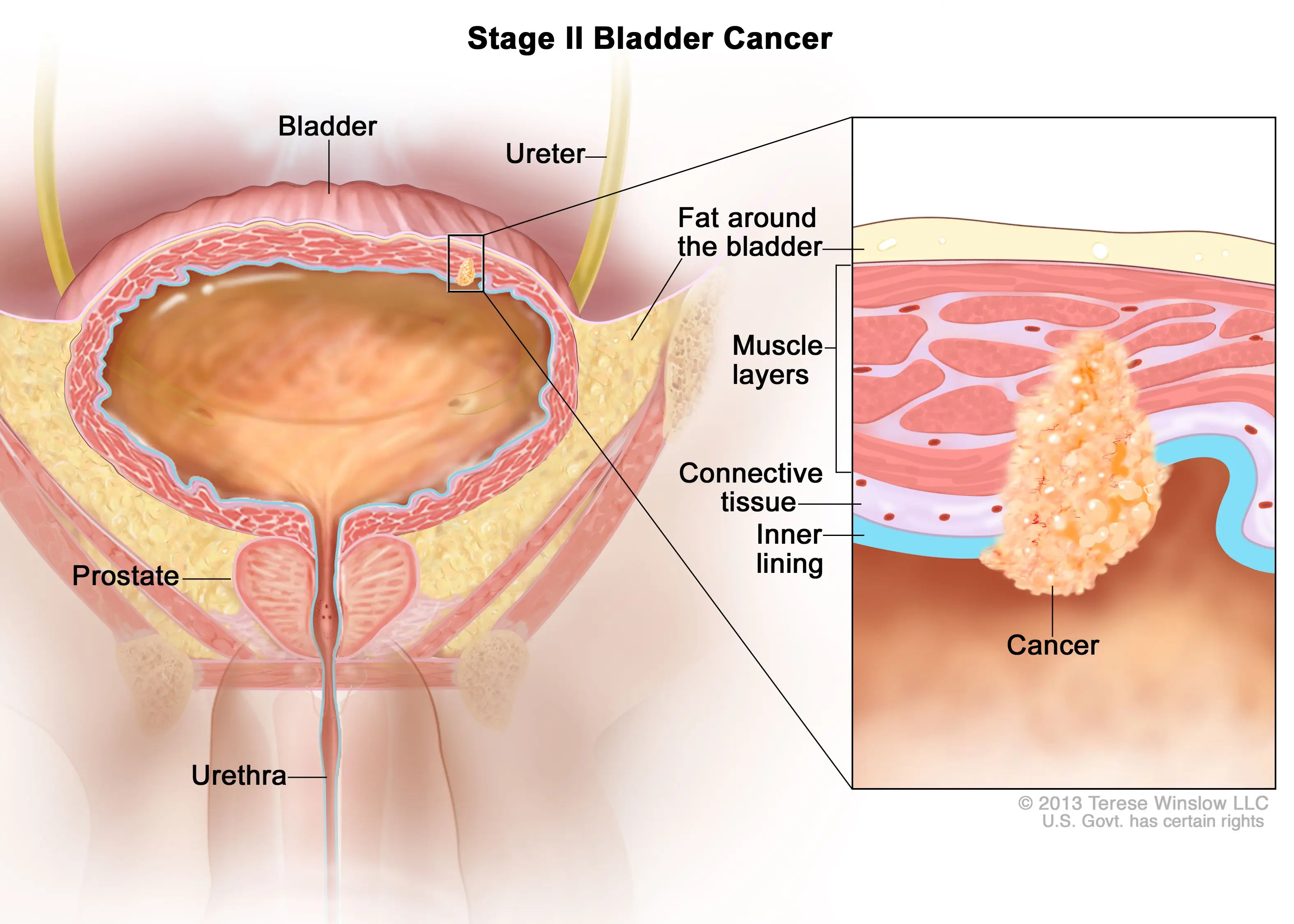Understanding Uterus Cancer Treatment: What’s New in 2025?
Uterus cancer, also known as endometrial cancer, is the most common cancer of the female reproductive system. It begins in the lining of the uterus, called the endometrium, and can affect women of all ages, though it is more common after menopause. In 2025, there are numerous uterus cancer treatment options available, including surgery, chemotherapy, radiation therapy, and targeted therapies. This article will explore the latest advancements in uterus cancer treatment and how they are improving outcomes for patients.
What Is Uterus Cancer?
Uterus cancer refers to the growth of abnormal cells in the lining of the uterus. It is most commonly detected through abnormal bleeding, pelvic pain, or unexplained weight loss. The two main types of uterus cancer are:
- Endometrial Cancer: The most common type, which originates in the endometrium.
- Uterine Sarcoma: A rarer form of cancer that starts in the muscle or connective tissue of the uterus.
The choice of treatment depends on the stage of cancer, the patient’s overall health, and other factors. Below, we will dive into the latest treatments available for uterus cancer in 2025.
Latest Uterus Cancer Treatment Options
1. Surgical Treatment for Uterus Cancer
Surgery remains the primary treatment for uterus cancer, particularly for early-stage cancers. The main surgical options include:
- Total Hysterectomy: The removal of the uterus, including the cervix, is the standard procedure for most uterus cancers.
- Salpingo-Oophorectomy: This involves the removal of the ovaries and fallopian tubes, often done alongside a hysterectomy, especially if the cancer has spread.
- Lymphadenectomy: The removal of lymph nodes may also be performed if there’s suspicion that cancer has spread.
In 2025, robotic surgery and minimally invasive techniques are gaining popularity due to their ability to reduce recovery time and minimize surgical risks.
2. Chemotherapy for Uterus Cancer
Chemotherapy uses drugs to kill cancer cells or stop their growth. It is typically recommended for patients with advanced uterine cancer or those whose cancer has spread to other parts of the body. Some of the most common chemotherapy drugs for uterus cancer include:
- Cisplatin
- Carboplatin
- Doxorubicin
Chemotherapy may be used in conjunction with surgery (neoadjuvant chemotherapy) or after surgery (adjuvant chemotherapy) to ensure that all cancer cells are removed or destroyed.
3. Radiation Therapy for Uterus Cancer
Radiation therapy uses high-energy rays to target and destroy cancer cells. It is often used for early-stage uterus cancer that has not spread beyond the uterus or as a follow-up treatment after surgery to kill any remaining cancer cells. There are two main types of radiation therapy used in uterus cancer treatment:
- External Beam Radiation: The patient lies on a table while radiation is directed at the tumor from outside the body.
- Brachytherapy: Radioactive material is placed directly inside or near the tumor, allowing a higher dose of radiation to target cancer cells while minimizing damage to surrounding healthy tissue.
4. Hormone Therapy for Uterus Cancer
Hormone therapy is used primarily for hormone receptor-positive endometrial cancer, where cancer cells grow in response to estrogen. By blocking or lowering estrogen levels, hormone therapy can slow or stop the growth of cancer. Common forms of hormone therapy include:
- Progestins: Medications that mimic the hormone progesterone.
- Aromatase Inhibitors: Drugs that block the production of estrogen in the body.
In some cases, hormone therapy may be used in combination with other treatments or as a standalone treatment for women who cannot undergo surgery.
5. Targeted Therapy for Uterus Cancer
Targeted therapy focuses on specific molecules and pathways involved in cancer cell growth. Unlike chemotherapy, which affects both healthy and cancerous cells, targeted therapies aim to attack only the cancer cells, minimizing damage to healthy tissue. Some targeted therapy options for uterus cancer include:
- PARP Inhibitors: These drugs target cancer cells with BRCA gene mutations.
- Monoclonal Antibodies: Drugs like trastuzumab are used for tumors overexpressing the HER2 protein.
Targeted therapies are still under investigation, but they hold great promise for patients with advanced or recurrent cancers.
6. Immunotherapy for Uterus Cancer
Immunotherapy is an innovative treatment that helps the body’s immune system recognize and attack cancer cells. It is especially helpful for recurrent or metastatic uterus cancer. The most commonly used immunotherapy drugs are:
- Checkpoint Inhibitors: These drugs help the immune system recognize cancer cells by blocking proteins that prevent immune responses.
- Cytokine Therapy: This involves the use of substances like interleukins to stimulate the immune system.
Immunotherapy is still being researched for uterus cancer, but it has shown promise, particularly in cases where other treatments have failed.
Uterus Cancer Treatment Comparison
| Treatment Type | Best For | Benefits | Side Effects | Key Drugs/Techniques |
|---|---|---|---|---|
| Surgical Treatment | Early-stage uterus cancer | Potential cure, especially with early detection | Pain, infection risk, longer recovery time | Hysterectomy, Salpingo-Oophorectomy, Lymphadenectomy |
| Chemotherapy | Advanced or metastatic uterus cancer | Shrinks tumors, can be combined with surgery | Nausea, hair loss, fatigue, weakened immune system | Cisplatin, Carboplatin, Doxorubicin |
| Radiation Therapy | Early-stage cancer or post-surgery to prevent recurrence | Non-invasive, effective at targeting tumors | Fatigue, skin irritation, bladder problems | External Beam Radiation, Brachytherapy |
| Hormone Therapy | Hormone receptor-positive endometrial cancer | Slows cancer growth, can be used in combination with other therapies | Hot flashes, weight gain, mood changes | Progestins, Aromatase Inhibitors |
| Targeted Therapy | Advanced or recurrent uterus cancer | More precise, fewer side effects than chemotherapy | Diarrhea, fatigue, skin problems | PARP Inhibitors, Monoclonal Antibodies |
| Immunotherapy | Recurrent or metastatic uterus cancer | Stimulates immune system to fight cancer | Fatigue, flu-like symptoms, skin reactions | Checkpoint Inhibitors, Cytokine Therapy |
Conclusion: Future Outlook for Uterus Cancer Treatment
Advancements in uterus cancer treatment in 2025 are providing new hope for patients. With a variety of options, from minimally invasive surgeries to immunotherapy, treatment is becoming more personalized and effective. As research continues, targeted therapies and immunotherapy hold promise for even more successful outcomes in the fight against uterus cancer.
Patients should discuss all available treatment options with their healthcare providers to determine the best course of action based on their individual diagnosis.
Explore

New Breakthroughs in Advanced Prostate Cancer Treatment

Cancer Treatment Breakthroughs: What’s on the Horizon in 2025?

Mental Health and Cancer Care: The Importance of Emotional Support During Treatment

Best Treatment Options for Lung Cancer in 2025

Top Bladder Cancer Treatment Options You Should Know About

Understanding Cancer Insurance: Why It's Essential for Your Health Coverage

Understanding Heart Arrhythmia: Common Causes and Treatment Options

Understanding Psoriasis Treatment: What Works and What Doesn’t?
